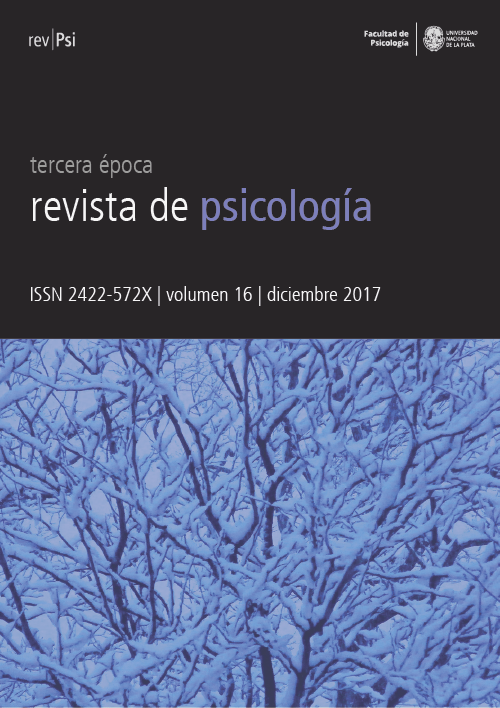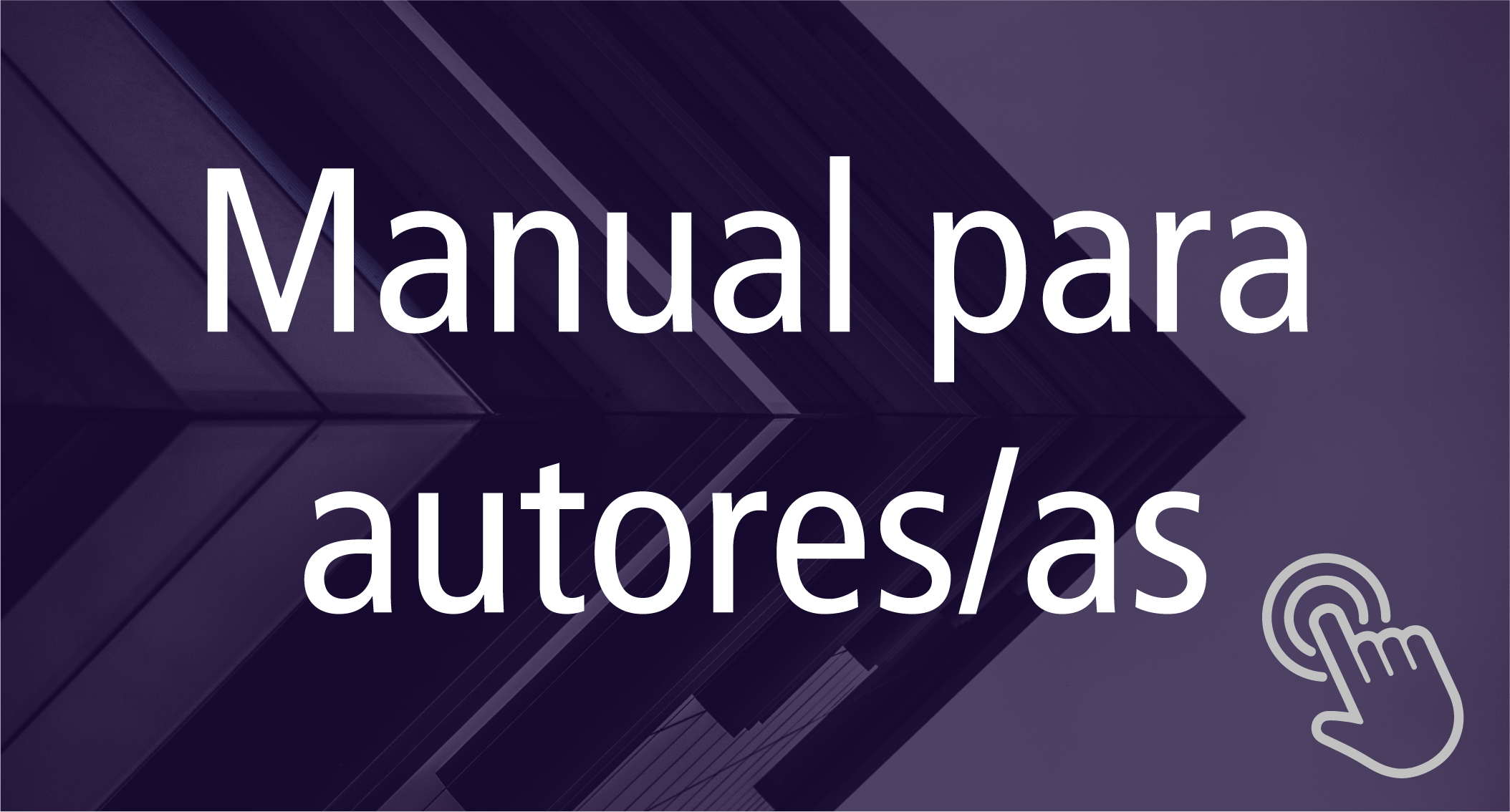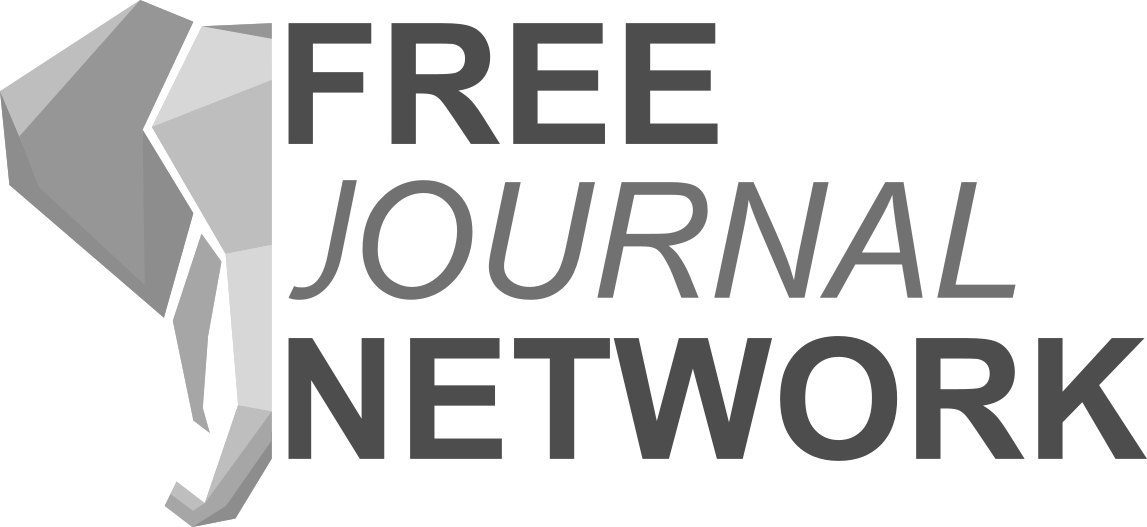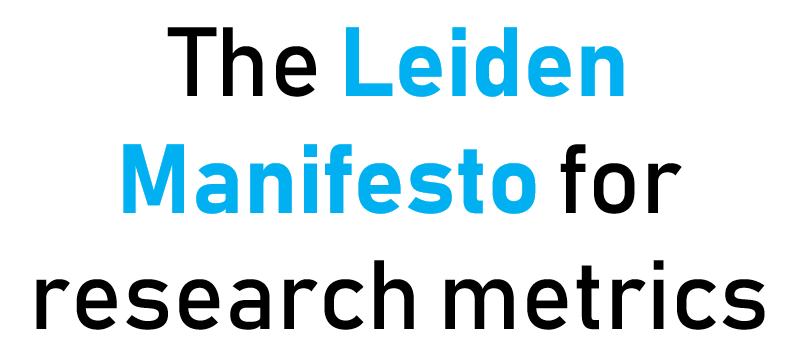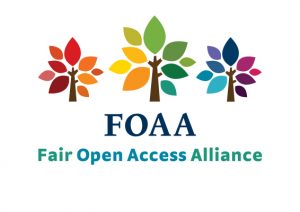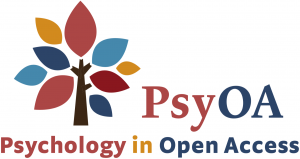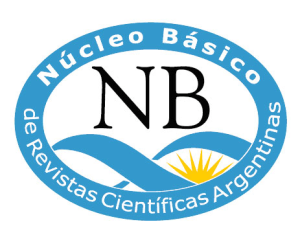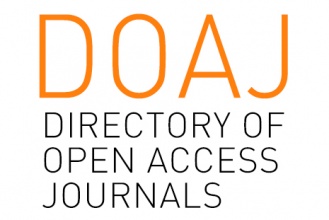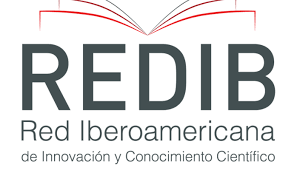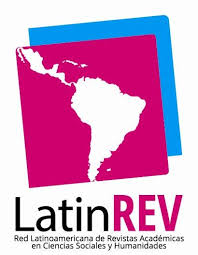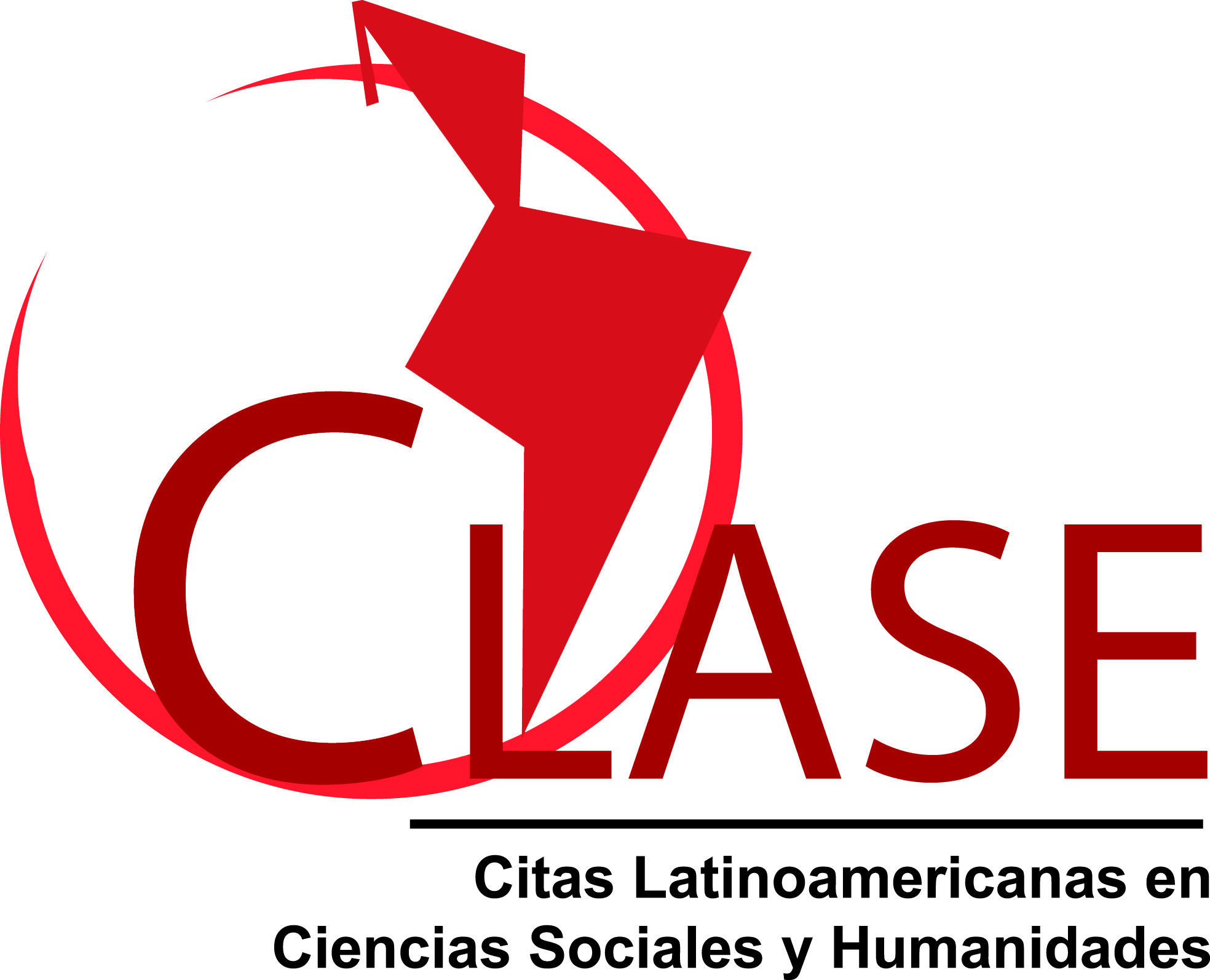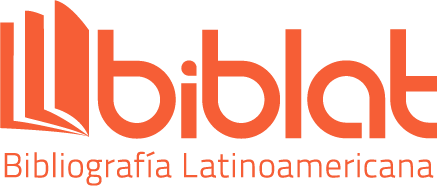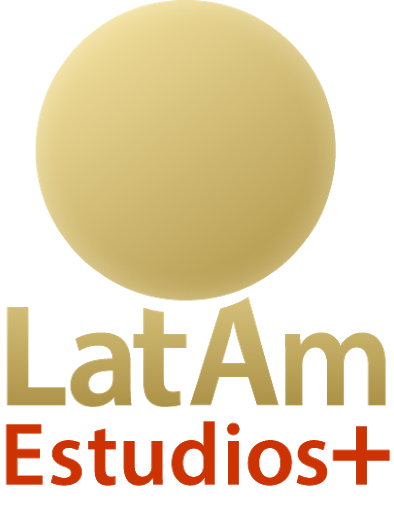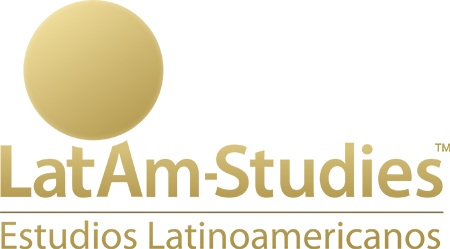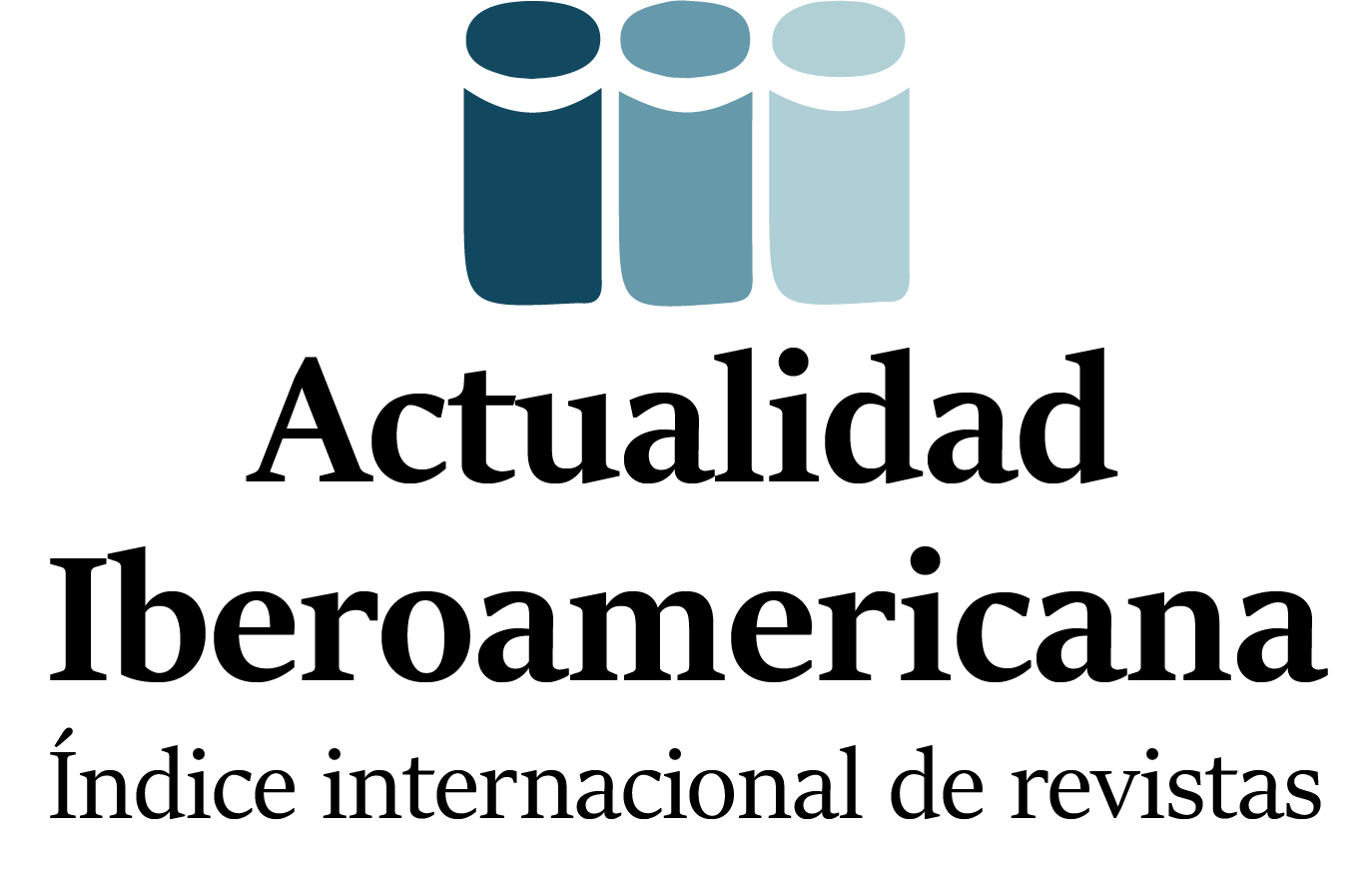Phonemic awareness and phonological memory in children in literacy process
DOI:
https://doi.org/10.24215/2422572Xe003Keywords:
literacy, phonemic awareness, phonological memoryAbstract
This paper explores the relationship between phonemic awareness and phonological memory at the beginning and the end of the first school year. In empirical work, cross-sectional correlational design, participated two sample groups: Group 1 (G1), composed of 25 children whose mean age was 75 months, both sexes, same sociocultural origin, who had no intellectual disability, specific language or neurological and who started the first school year. Group 2 (G2), consisting of 25 children whose mean age was 81 months, with identical characteristics as above, but who finished the first year. To assess phonemic awareness were administered phonological segmentation, phoneme deletion and phoneme union tasks; phonological memory was examined by testing retention of words and non-words. The results showed a moderately high positive correlation between both variables in the two sample groups, showing a gradual progression of the performance of children, particularly in phonemic awareness tasks.
Downloads
Metrics
References
Alloway, T. P., Gathercole, S. E., Adams, A.-M., Willis, C., Eaglen, R. y Lamont, E. (2005). Working memory and phonological awareness as predictors of progress towards early learning goals at school entry. British Journal of Developmental Psychology, 23(3), 417-426. https://doi.org/10.1348/026151005X26804
Anthony, J. L, Lonigan, C. J., Dyer, S. M. y Bloomfield, B. (1997). The development of phonological processing in preschool-aged children: Preliminary evidence from confirmatory factor analyses. Society for Research in Child Development Abstracts, 11, 10.
Anthony, Jason L., Williams, J. M., McDonald, R., Corbitt-Shindler, D., Carlson, C. D. y Francis, D. J. (2006). Phonological processing and emergent literacy in Spanish-speaking preschool children. Annals of Dyslexia, 56(2), 239-270. https://doi.org/10.1007/s11881-006-0011-5
Baddeley, A. (1986). Working memory. New York: Oxford University Press.
Baddeley, A. y Hitch, G. J. (1974). Working memory. En G. Bower (Ed.), Recent advances in learning and motivation (Vol. 8, pp. 47-90). New York: Academic Press.
Baddeley, A. y Logie, R. (1999). Working memory: The multiple component model. En A. Miyake y P. Shah (Eds.), Models of working memory. Mechanisms of active maintenance and executive control (pp. 28-61). Cambridge: Cambridge University Press.
Barbosa, T., Miranda, M. C., Santos, R. F. y Bueno, O. F. A. (2009). Phonological working memory, phonological awareness and language in literacy difficulties in Brazilian children. Reading and Writing, 22(2), 201-218. https://doi.org/10.1007/s11145-007-9109-3
Borzone, A. M. (1999). Conocimientos y estrategias en el aprendizaje inicial del sistema de escritura. Lingüística en el Aula, 3, 7-28.
Brady, S. y Shankweiler, D. (1991). Phonological processes in literacy. Hillsdale: Erlbaum.
Bruce, D. J. (1964). The analysis of word sounds by young children. British Journal of Educational Psychology, 34(2), 158-170. https://doi.org/10.1111/j.2044-8279.1964.tb00620.x
Chiat, S. (2006). The developmental trajectory of nonword repetition. Applied Psycholinguistics, 27(4), 552-556. https://doi.org/10.1017/S014271640623039X
Daneman, M. y Carpenter, P. A. (1980). Individual differences in working memory and reading. Journal of Verbal Learning and Verbal Behavior, 19(4), 450-466. https://doi.org/10.1016/S0022-5371(80)90312-6
De Jong, P. F. y Van der Leij, A. (1999). Specific contributions of phonological abilities to early reading acquisition: Results from a Dutch latent variable longitudinal study. Journal of Educational Psychology, 91(3), 450-476. https://doi.org/10.1037/0022-0663.91.3.450
De la Osa Fuentes, P. (2003). Evaluación dinámica del procesamiento fonológico en el inicio lector (Tesis doctoral inédita). Departamento de Psicología Evolutiva y Educación, Universidad de Granada, Granada (España).
Defior, S. (2002). Phonological awareness and learning to read: A crosslinguistic perspective. En P. Bryant y T. Nunes (Eds.), Handbook of children’s literacy (pp. 631-649). Ámsterdam: Kluwer.
Defior, S. y Serrano, F. (2011). La conciencia fonémica, aliada de la adquisición del lenguaje escrito. Revista de Logopedia, Foniatría y Audiología, 31(1), 2-13. https://doi.org/10.1016/S0214-4603(11)70165-6
DGCE. (2011). Prácticas del lenguaje. Material para docentes. Primer ciclo. Educación Primaria. Buenos Aires: Dirección General de Cultura y Educación de la Provincia de Buenos Aires.
Diuk, B. (2003). El proceso de aprendizaje de la lectura y la escritura en sectores urbano-marginados: un estudio cognitivo (Tesis doctoral inédita). Facultad de Humanidades y Ciencias de la Educación, Universidad Nacional de La Plata, La Plata (Argentina).
Diuk, B. G. y Ferroni, M. V. (2014). Aprendizaje de letras en niños preescolares de nivel socioeconómico bajo. Interdisciplinaria, 31(1), 25-37.
Ferreiro, E. y Teberosky, A. (1979). Los sistemas de escritura en el desarrollo del niño. México, D.F.: Siglo XXI Editores.
Gathercole, S. E. (1995). Is nonword repetition a test of phonological memory or long-term knowledge? It all depends on the nonwords. Memory & Cognition, 23(1), 83-94.
Gathercole, S. E. (2008). Working memory. En H. L. Roediger (Ed.), Cognitive psychology of memory (Vol. 2, pp. 33-52). Oxford: Elsevier.
Gathercole, S. E. y Pickering, S. J. (2000). Working memory deficits in children with low achievements in the national curriculum at 7 years of age. British Journal of Educational Psychology, 70(2), 177-194. https://doi.org/10.1348/000709900158047
Gathercole, S. E., Alloway, T. P., Willis, C. y Adams, A. M. (2006). Working memory in children with reading disabilities. Journal of Experimental Child Psychology, 93(3), 265-281. https://doi.org/10.1016/j.jecp.2005.08.003
Gathercole, S. E. y Baddeley, A. (1993). Working memory and language. Hove: Erlbaum.
Gindri, G., Keske-Soares, M. y Bolli Mota, H. (2007). Memória de trabalho, consciência fonológica e hipótese de escrita. Pró-Fono. Revista de Atualização Científica, 19(3), 313-322. https://doi.org/10.1590/S0104-56872007000300010
Hernández Sampieri, M. C., Fernández Collado, C. y Baptista Lucio, P. (2006). Metodología de la investigación (4.ª ed.). México, D.F.: McGraw Hill.
Herrera, L. y Defior, S. (2005). Una aproximación al procesamiento fonológico de los niños prelectores: conciencia fonológica, memoria verbal a corto plazo y denominación. Psykhe, 14(2), 81-95. https://doi.org/10.4067/S0718-22282005000200007
Høien, T., Lundberg, I., Stanovich, K. E. y Bjaalid, I.-K. (1995). Components of phonological awareness. Reading and Writing, 7(2), 171-188. https://doi.org/10.1007/BF01027184
Leather, C. V. y Henry, L. A. (1994). Working memory span and phonological awareness tasks as predictors of early reading ability. Journal of Experimental Child Psychology, 58(1), 88-111. https://doi.org/10.1006/jecp.1994.1027
Lonigan, C. J., Anthony, J. L., Phillips, B. M., Purpura, D. J., Wilson, S. B. y McQueen, J. D. (2009). The nature of preschool phonological processing abilities and their relations to vocabulary, general cognitive abilities, and print knowledge. Journal of Educational Psychology, 101(2), 345-358. https://doi.org/10.1037/a0013837
Martínez, L., Herrera, C., Valle, J. y Vásquez, M. (2011). Memoria de trabajo fonológica en preescolares con trastorno específico del lenguaje expresivo. Psykhe, 12(2), 153-162. https://doi.org/10.7764/psykhe.12.2.361
McCardle, P. y Chhabra, V. (2004). The voice of evidence in reading research. Baltimore: Paul Brookes Publishing.
Morais, J. (2003). Levels of phonological representation in skilled reading and in learning to read. Reading and Writing, 16(1), 123-151. https://doi.org/10.1023/A:1021702307703
Muter, V. y Snowling, M. (1998). Concurrent and longitudinal predictors of reading: The role of metalinguistic and short-term memory skills. Reading Research Quarterly, 33(3), 320-337. https://doi.org/10.1598/RRQ.33.3.4
Oakhill, J. y Kyle, F. (2000). The relation between phonological awareness and working memory. Journal of Experimental Child Psychology, 75(2), 152-164. https://doi.org/10.1006/jecp.1999.2529
Piacente, T., Marder, S. y Resches, M. (2008). Condiciones de la familia y el niño para la alfabetización. Evaluación de impacto del Plan Más Vida. Buenos Aires: Comisión de Investigaciones Científicas de la Provincia de Buenos Aires – CIC.
Rapala, M. M. y Brady, S. (1990). Reading ability and short-term memory: The role of phonological processing. Reading and Writing, 2(1), 1-25. https://doi.org/10.1007/BF00383371
Ruíz-Vargas, J. . (1991). Psicología de la memoria. Madrid: Alianza.
Ruíz-Vargas, J. . (1994). La memoria humana. Madrid: Alianza.
Signorini, A. (1998). La conciencia fonológica y la lectura. Teoría e investigación acerca de una relación compleja. Lectura y Vida, 19, 15-22.
Signorini, A. (1999). Del habla a la escritura: El procesamiento fonológico en la lectura inicial (Tesis doctoral inédita). Facultad de Humanidades y Ciencias de la Educación, Universidad Nacional de La Plata, La Plata (Argentina).
Torgesen, J. K. y Hecht, S. A. (1996). Preventing and remediating reading disabilities: Instructional variables that make a difference for special students. En M. F. Graves, P. Van den Broek y B. M. Taylor (Eds.), The first R: Every child’s right to read (pp. 133-159). New York: Teacher’s College Press.
Torgesen, J. K. y Mathes, P. (2000). A basic guide to understanding, assessing, and teaching phonological awareness. Austin: Pro Ed.
Wagner, R. K. y Torgesen, J. K. (1987). The nature of phonological processing and its causal role in the acquisition of reading skills. Psychological Bulletin, 101(2), 192-212. https://doi.org/10.1037/0033-2909.101.2.192
Wagner, R. K., Torgesen, J. K., Laughon, P., Simmons, K. y Rashotte, C. A. (1993). Development of young readers’ phonological processing abilities. Journal of Educational Psychology, 85(1), 83-103. https://doi.org/10.1037/0022-0663.85.1.83
Wagner, R. K., Torgesen, J. K. y Rashotte, C. A. (1994). Development of reading-related phonological processing abilities: New evidence of bidirectional causality from a latent variable longitudinal study. Developmental Psychology, 30(1), 73-87. https://doi.org/10.1037/0012-1649.30.1.73
Yopp, H. K. (1988). The validity and reliability of phonemic awareness tests. Reading Research Quarterly, 23(2), 159-177. https://doi.org/10.2307/747800
Downloads
Published
How to Cite
Issue
Section
License
![]()
Authors who publish in this journal accept the following conditions:
- Authors retain the copyright and assign the right of first publication to the journal, with the work registered under a Creative Commons attribution license (CC-BY), which allows third parties to use what is published whenever they mention the authorship of the work and the first publication in this magazine.
- Authors can make other independent and additional contractual agreements for the non-exclusive distribution of the article published in this journal (e.g., include it in an institutional repository or publish it in a book) as long as they clearly indicate that the work was published for the first time in this magazine.
- Authors are allowed and encouraged to publish their work on the Internet (e.g., on institutional or personal webpages) before and during the review and publication process, as it can lead to productive exchanges and greater and faster dissemination of published work (see The Effect of Open Access ).

